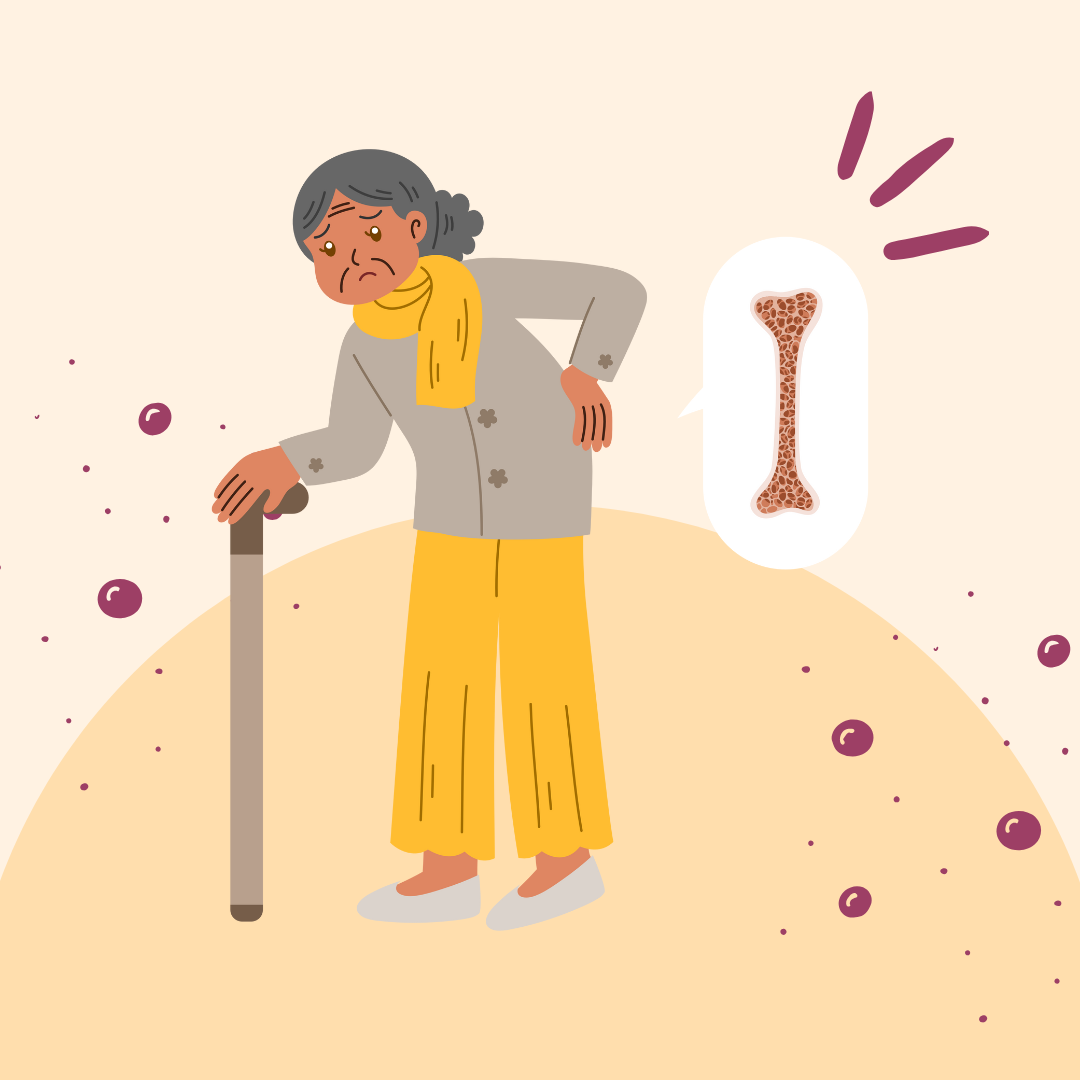
Preventing Osteoporosis: Best Practices for Bone Health
- 12th March 2025
Introduction
Osteoporosis is a silent disease that weakens bones, making them fragile and more prone to fractures. Often, people do not realize they have it until they experience a fracture. The good news? Osteoporosis is preventable with the right lifestyle choices and medical awareness. In this blog, we’ll explore the best practices to strengthen your bones and reduce your risk of osteoporosis.
1. Get Enough Calcium and Vitamin D
Why it’s important: Calcium is essential for bone strength, while Vitamin D helps the body absorb calcium effectively.
Best sources of Calcium:
Dairy products like milk, yogurt, and cheese.
Leafy greens such as kale and spinach.
Almonds and fortified cereals.
Best sources of Vitamin D:
Sunlight exposure for at least 15-20 minutes a day.
Fatty fish like salmon and mackerel.
Vitamin D-fortified foods and supplements if needed.
2. Stay Physically Active
Why it’s important: Weight-bearing and muscle-strengthening exercises help maintain and build bone density.
Best exercises for bone health:
Weight-bearing exercises: Walking, jogging, dancing, and hiking.
Strength training: Lifting weights or using resistance bands.
Balance exercises: Yoga and Tai Chi to prevent falls and fractures.
3. Maintain a Healthy Diet
Why it’s important: Proper nutrition supports overall bone health and reduces osteoporosis risk.
Nutrients for strong bones:
Magnesium & Zinc: Found in nuts, seeds, and whole grains.
Vitamin K: Present in broccoli, Brussels sprouts, and leafy greens.
Protein: Essential for bone strength, found in eggs, lean meats, and legumes.
4. Avoid Smoking and Limit Alcohol
Why it’s important: Smoking and excessive alcohol consumption reduce bone density and increase fracture risk.
Smoking: Reduces blood flow to bones and impairs calcium absorption.
Alcohol: Excessive drinking interferes with Vitamin D metabolism and weakens bones.
Recommendation: Quit smoking and limit alcohol intake to moderate levels (one drink per day for women, two for men).
5. Monitor Bone Health Regularly
Why it’s important: Early detection can help prevent osteoporosis-related complications.
Bone density tests (DEXA scan):
Recommended for women over 50 and men over 60, or earlier if risk factors are present.
Helps assess bone strength and risk of fractures.
6. Prevent Falls and Injuries
Why it’s important: Weak bones increase the risk of fractures from falls.
Fall prevention tips:
Keep your home well-lit and clutter-free.
Use non-slip mats in bathrooms and wear proper footwear.
Improve balance with exercises like Tai Chi and leg-strengthening workouts.
Take Action for Stronger Bones Today!
Osteoporosis prevention starts with simple lifestyle changes. By eating right, staying active, and making healthy choices, you can keep your bones strong and reduce your risk of fractures. Take charge of your bone health today—schedule a check-up with a healthcare provider and start implementing these best practices!
For more expert health insights and consultations, visit http://www.healthboxopd.com. Let’s build a healthier future together! 💪





